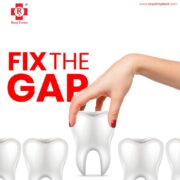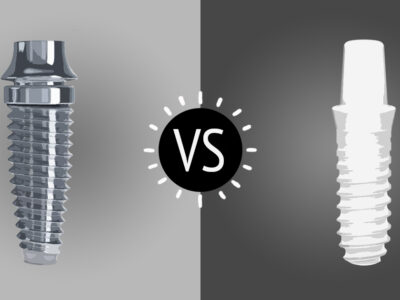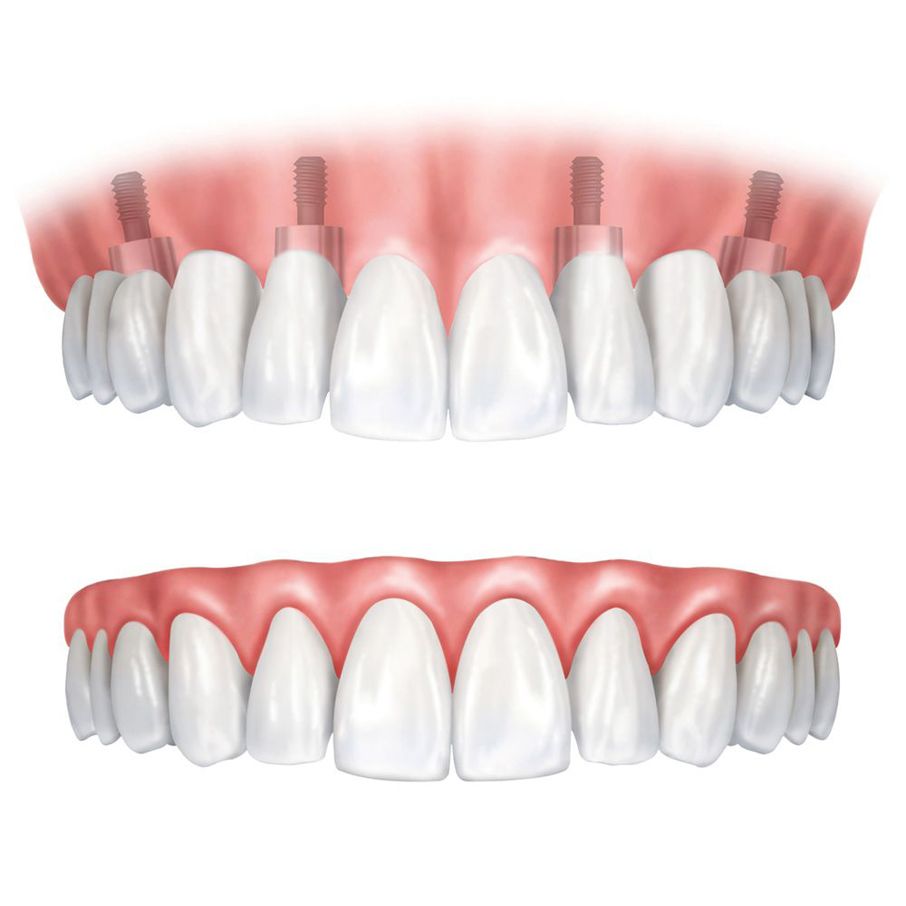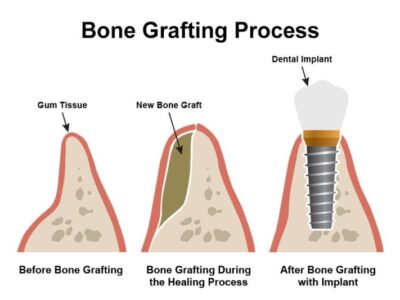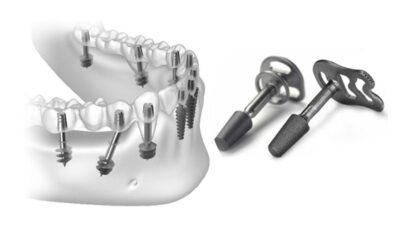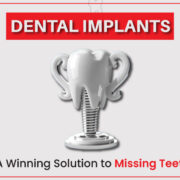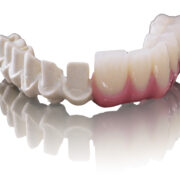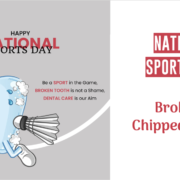Let’s explore the world of tiny dental implants in this blog post, including their costs, benefits, and drawbacks. Mini dental implants offer a promising solution, whether you’re missing teeth or looking for a more pleasant substitute for regular implants. Many people find tiny dental implants to be a cost-effective option because they are typically far less expensive than regular implants. A clear benefit of their reduced size is that it allows for less invasive surgery and faster recovery periods.
What are mini-dental implants?
Mini dental implants, which are smaller versions of traditional dental implants, support dental prostheses such as crowns, bridges, and dentures. Like conventional implants, they are usually composed of titanium, but their diameter is smaller, commonly ranging from 1.8 to 3 millimeters. These implants are designed to firmly secure dental restorations in place, much like traditional implants do. As they are often used in cases where there is insufficient room or bone density, they are a suitable option for individuals who may not be excellent candidates for standard implants.
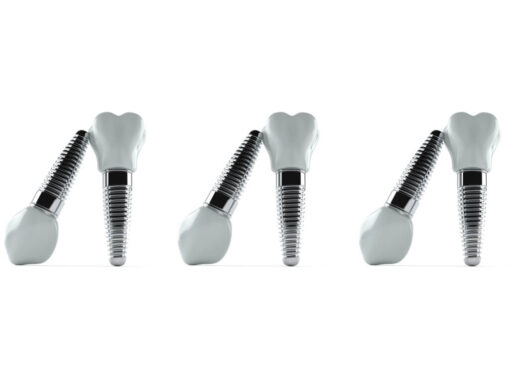
Who is a good candidate for mini-dental implants?
- Candidates should have enough jawbone density and healthy gums to support the implants.
- Single lost teeth or multiple consecutively lost teeth can be replaced with small dental implants.
- They are also helpful in stabilizing dentures, particularly lower ones that could move about a lot or cause discomfort.
- Mini dental implants could be attractive to candidates who want less invasive dental operations and quicker recovery periods.
- Candidates searching for a less expensive alternative to standard implants may want to give small dental implants some thought since they are frequently more economical.
- People with low bone density or those unable to endure the bone grafting processes necessary for regular implants may benefit from mini dental implants.
- Mini dental implants may be advantageous for those who wish to enhance their confidence in speaking, chewing, and smiling.
What are the advantages of mini-dental implants?
- A greater number of individuals can benefit from mini dental implants because they are frequently more economical than regular implants.
- Compared to regular implants, the placement of tiny implants necessitates a less intrusive process, which results in shorter recovery times and less pain.
- Since they require less bone to be inserted, mini implants help preserve natural bone structure and may not always require bone grafting.
- Mini implants offer a range of choices for replacing teeth, including teeth, supporting dentures, bridges, and single crowns.
- Mini dental implants may be able to support immediate load-bearing restorations in certain circumstances, giving patients the opportunity to experience improved function and aesthetics sooner.
- Like natural teeth, mini implants are low maintenance and just need occasional dental checkups, frequent brushing, and flossing.
- Mini implants help anchor removable dentures that slip or shift when eating or speaking, boosting confidence and comfort.
- Mini implants typically need shorter healing times than larger implants because of their smaller size and less intrusive implantation, which enables patients to resume regular activities sooner.

What are the disadvantages of mini-dental implants?
- Small implants cannot be as strong and stable as regular implants, particularly when there is a lot of bite pressure or intense chewing force.
- Mini implants might not be appropriate for all dental restorations or situations where there has been significant bone loss because of their reduced size.
- Mini implants may not last as long as regular implants, according to certain studies, though this can vary based on oral hygiene and care practices.
- The variety of dental prostheses that mini implants may support may be limited, especially in situations where more involved or complex therapies are needed.
- Implant failure is a possibility with any dental implant because of things like poor placement, insufficient bone integration, and infection.
- These tiny implants might be less expensive initially, but their ultimate need for maintenance or replacement could drive up the overall cost.
- Patients with severe medical issues, significant bone loss, or special dental demands requiring more substantial implant treatments might not be good candidates for it.
How much do mini-dental implants cost?
The number of implants required, the intricacy of the case, the location of the dentist’s office, and any extra operations that may be necessary can all affect the price of small dental implants. The typical cost of a single tiny dental implant is from $500 to $1,500, excluding the cost of the dental restoration—such as a crown, bridge, or denture—that will be attached to the implant.
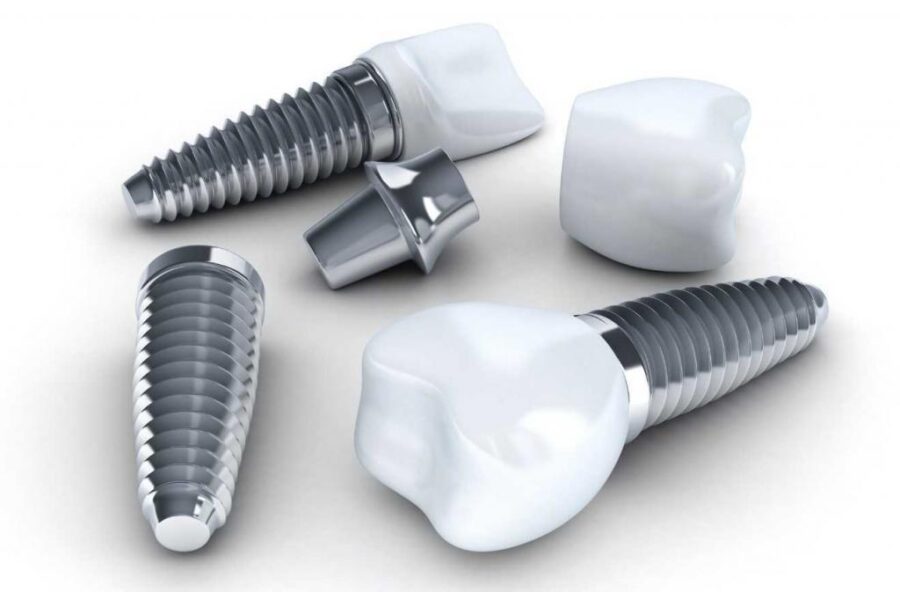
Conclusion
In conclusion, small dental implants provide a less invasive and expensive alternative to traditional tooth replacement procedures. They also have the advantage of supporting a wider range of dental restorations and having faster recovery rates. In contrast to conventional implants, they could be less stable and long-lasting. Dr. Chirag Chamria stresses the value of a customized evaluation and consultation to ascertain whether tiny dental implants are appropriate for each patient’s particular oral health requirements and treatment objectives.
© All rights reserved by Royal Dental Implants Pvt Ltd Issued in public interest



